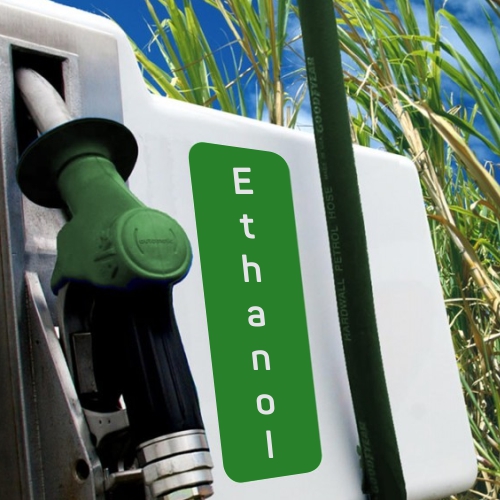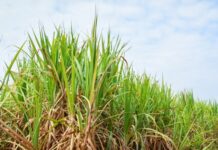The proposal for production of ethanol from sugarcane juice and syrup has been approved by Hon’ble Cabinet. Cabinet has approved guidelines for production of ethanol from cane juice and syrup in the distilleries of the state.
1. The decision will aid in reducing excess sugar stocks, increasing liquidity with the sugar mills for settling cane farmer’s dues and making higher ethanol available for Ethanol Blended Petrol (EBP) Programme.
2. Surplus sugar production has depressed sugar prices, thereby impacting sugar industry’s capacity to pay sugar cane farmers. The ex-distillery price of ethanol derived from cane juice is Rs 62.85 per liter while that from C- heavy molasses is Rs 45.69 per liter, for the ethanol supply year beginning December 2020. Higher remunerative price for ethanol produced from cane juice will help in reduction of cane farmer’ arrears.
3. Sugarcane juice shall mean, primary juice, secondary juice, mixed juice and clear juice as obtained by sulphitation or defecation process. Sugarcane syrup shall mean concentrated juice having total dissolved solid content not less than 50 brix.
4. Sugar mills with captive distilleries within the premises shall be allowed to produce ethanol from cane juice and syrup. Standalone distilleries will not be allowed to produce ethanol from cane juice and syrup.
5. Ethanol produced from cane juice shall be used only for Ethanol Blended (EBP) Programme.
6. As no sugar or molasses is produced in the process, the income from ethanol derived from cane juice and syrup shall be tagged for payment of sugarcane dues to farmers. All the instructions regarding cane allotment and cane payment issued from time to time shall be binding on these units.
7. The state government has earlier permitted ethanol production from B- heavy molasses. Since then, more than 40 distilleries in the state are producing ethanol form B-heavy molasses, resulting in a significant increase in ethanol production in the state. The state is the highest producer of ethanol in the country.
Cabinet decision will empower the sugar mills to choose between production of sugar or production of ethanol from cane juice, based on viability of market price of sugar, further improving the income of sugar mills and there by better cane payment to farmers.












